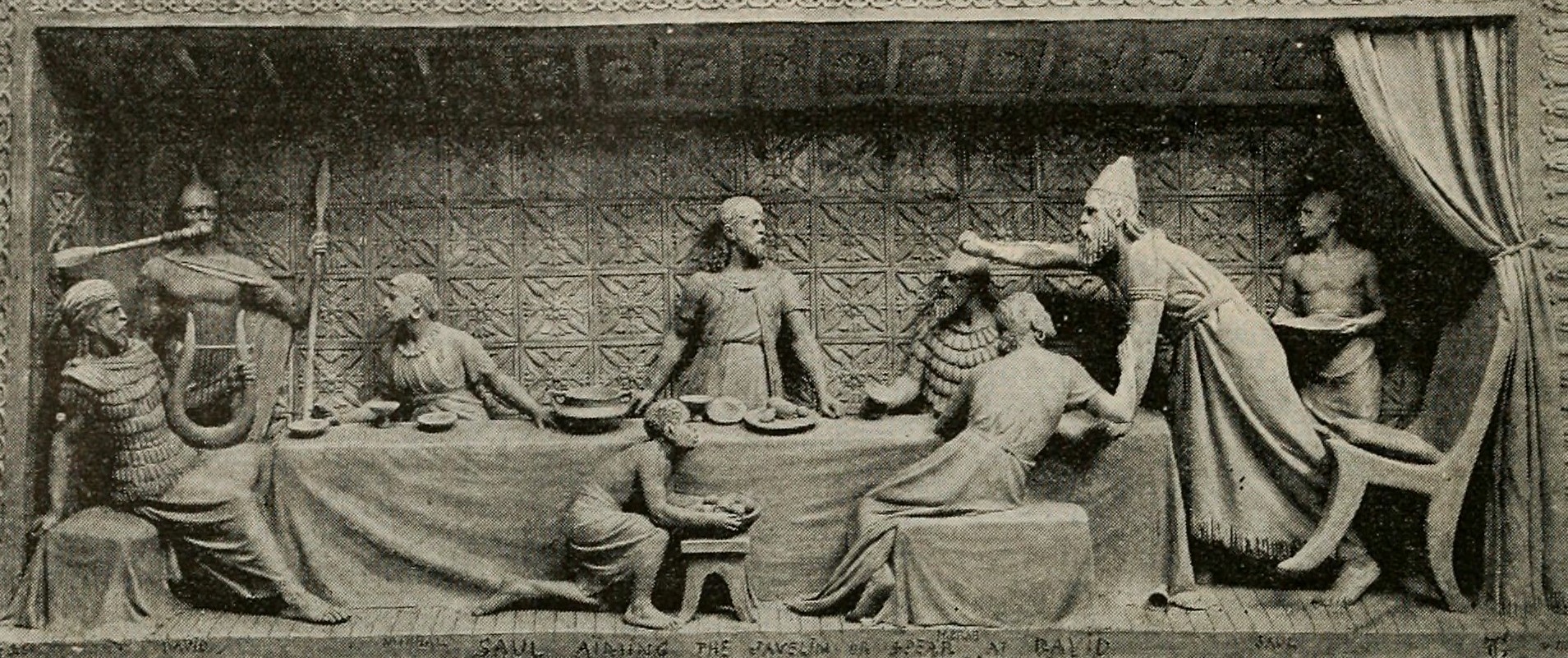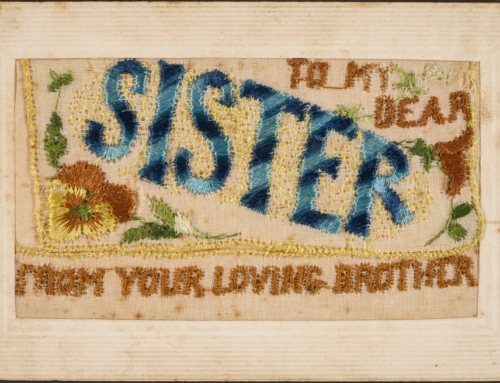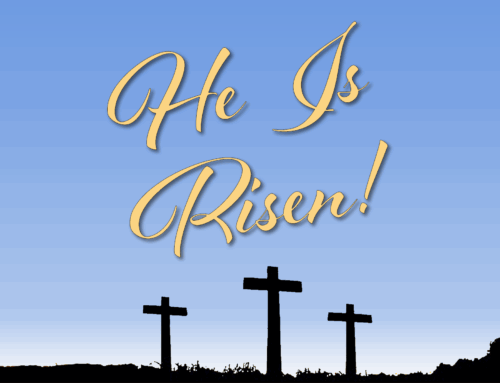In Exodus Chapter 17 the children of Israel, as a part of their flight from Egypt in route to the promise land, were journeying from the wilderness of Sin. They had just murmured against God over the lack of water which God later provided from the rock of Horeb. They had been traveling for a little over a month. In this context, with no recorded provocation the Amalekites attacked Israel. A battle ensued with these descendants of Esau until Joshua, by God through Moses, overthrew them. Following this battle “the Lord said unto Moses, write this for a memorial in a book, and rehearse it in the ears of Joshua: for I will utterly put out the remembrance of Amalek from under heaven” (vs 14). We see that Moses obeyed this command, some 40 years later, in Deuteronomy 25: 17-19 when by Inspiration he wrote: “Remember what Amalek did unto thee by the way, when ye were come forth out of Egypt. How he met thee by the way, and smote the hindmost of thee, even all that were feeble behind thee, when thou wast faint and weary; and he feared not God. Therefore it shall be, when the Lord thy God hath given thee rest from all thine enemies round about, in the land which the Lord thy God giveth thee for an inheritance to possess it, that thou shalt blot out the remembrance of Amalek from under heaven; and thou shalt not forget it”.
Approximately 400 years from the initial attack by Amalek, God remembers his promise and King Saul is instructed through Samuel to “Go and smite Amalek and utterly destroy all that they have and spare them not; but slay both man and woman, infant and suckling, ox and sheep, camel and ass” ( 1 Samuel 15: 2- 3). The command was clear and it was not new. In fact it had been in writing for many years. Yet Saul disobeyed.
Later in this same chapter we find that Saul did in fact engage in battle with the Amalekites and destroy them. He did however spare King Agag, and “the best of the sheep, and of the oxen, and of the fatlings and the lambs, and all that was good and would not utterly destroy them: but everything that was vile and refuse, that they utterly destroyed” (vs 9). God therefore informed Samuel of Saul’s disobedience (vs11), so Samuel went to visit him. Saul greeted Samuel proclaiming “I have performed the command of the Lord” (vs 13) to which Samuel replied “what meaneth then the bleating of the sheep in mine ears and the lowing of the oxen which I hear” (vs14). Saul then began to make excuses for his actions claiming that he had performed much of the required action but that the people had taken the spoil to sacrifice unto the Lord (vs 20-21). Samuel responded with the now familiar words “Behold to obey is better than sacrifice, and to hearken than the fat of rams” (vs 22). Within this account is a lesson for Christians and the Church today.
The authorized functions of the Church are generally classified as Evangelism (Mark 16:15-16), Benevolence (2nd Cor. 9:13, James 1:27), Edification (Eph. 4:12-16) and the materials and process necessary to perform the same. The organization of the Church is prescribed as autonomous congregations overseen by Elders and served by deacons who meet very specific qualifications (Tit 1:5, 1Tim 3). These individual congregations may cooperate with one another in authorized work (1 Cor. 16:1, Phil 4:14-15). God has made His desires very clear, yet in the wisdom of some congregations all manner of secular cooperative engagements are entered and the structure and qualifications for leadership are ignored. This they claim makes the church stronger, more efficient and inclusive. Our response? To obey is better than sacrifice and to hearken that the fat of rams.
In matters of worship God has given specific commands and binding examples. He has instructed us to seek the authority of Christ for all that we do (Matt 28:18-20, Col. 3:17). Yet when some sing and pray (Eph. 5:19, 1 Cor. 14:15) it is done mechanically. When they are to give from a purposed heart (1 Cor. 16:1-2, 2 Cor. 9:7), assessments, fund raisers and yard sales are substituted. In their preaching, qualifications are ignored and the social gospel and entertainment have replaced the word (2 Tim. 4:2). Even the Lords supper has been reduced to a quarterly or yearly frequency (Acts 20:7). Again we ask why. If we were to ask those participating or leading in these efforts they would respond like Saul; that they were performing the commands of the Lord. We would then like Samuel say “What meaneth the bleating of the sheep” (sound of the organ). They might go on to say, well these innovations make our worship more spiritual and uplifting offering greater worship to God. Once again we would answer, “To obey is better than sacrifice”.
Conditions such as those indicated above are not acceptable. We as Christians must always take heed to keep the faith and obey the Lord. For in reality if we only follow what makes sense or is pleasing to us we are not following God but ourselves.
How God Saves – – Keep The Faith





